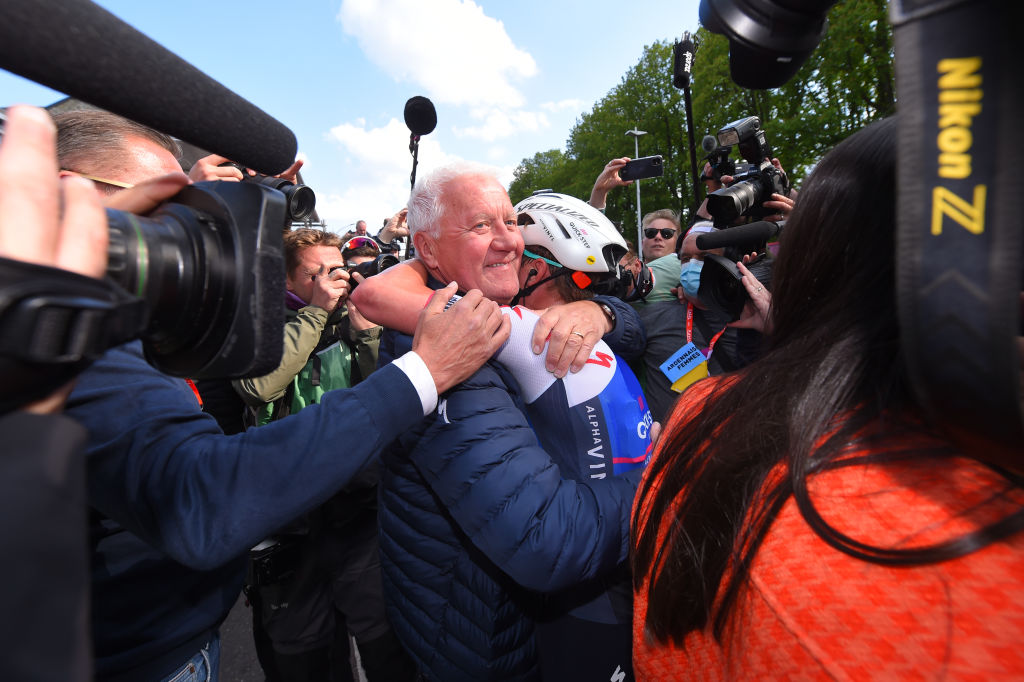Guarnier one of four big cards to play for Team USA at Rio Olympics
'We've won some bike races and know how to play the game'
The latest race content, interviews, features, reviews and expert buying guides, direct to your inbox!
You are now subscribed
Your newsletter sign-up was successful
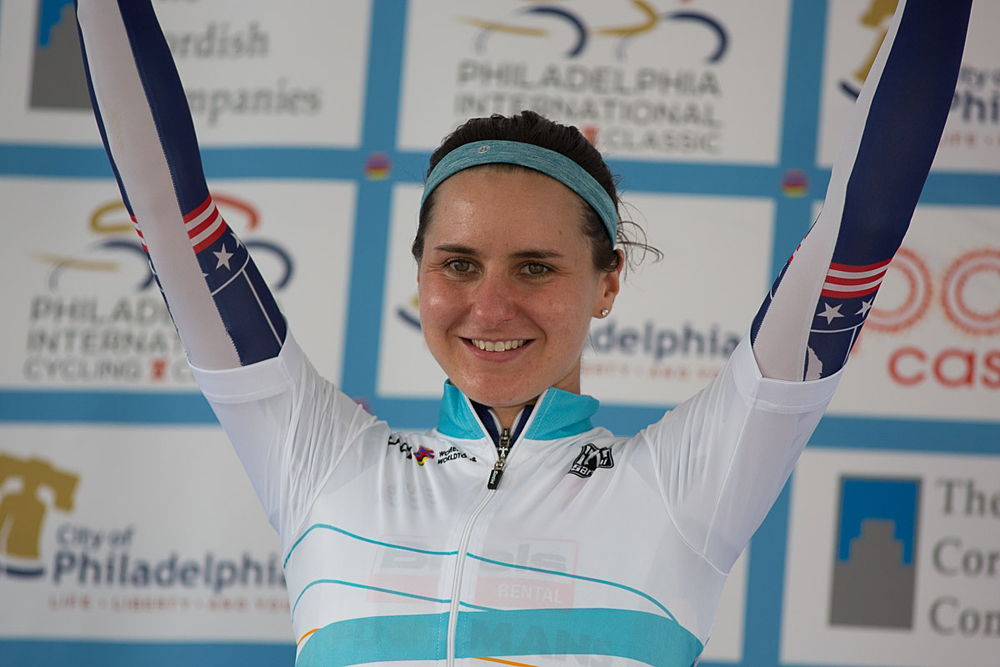
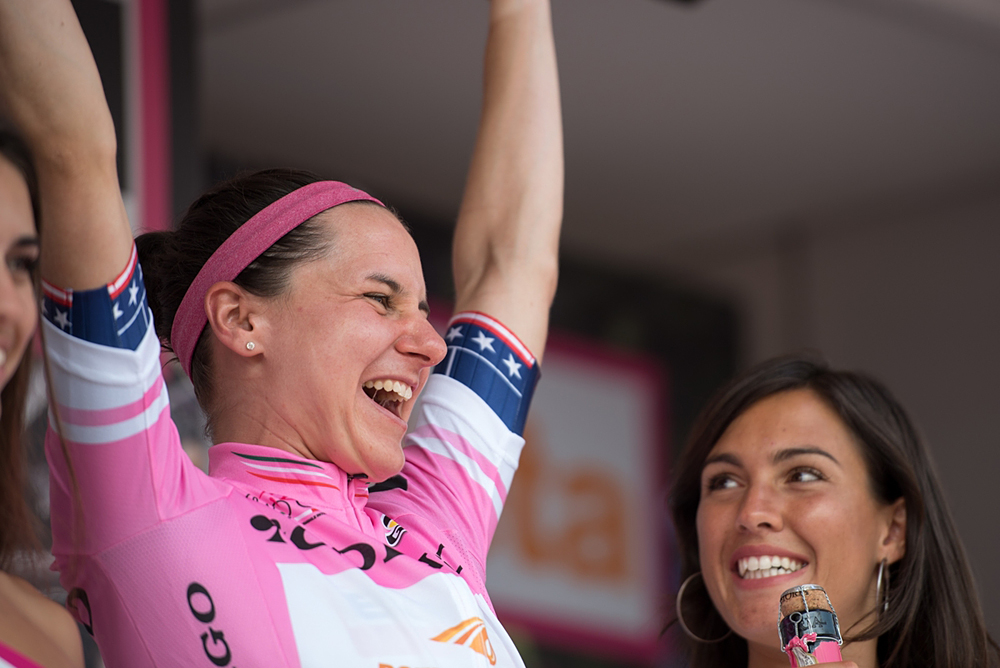
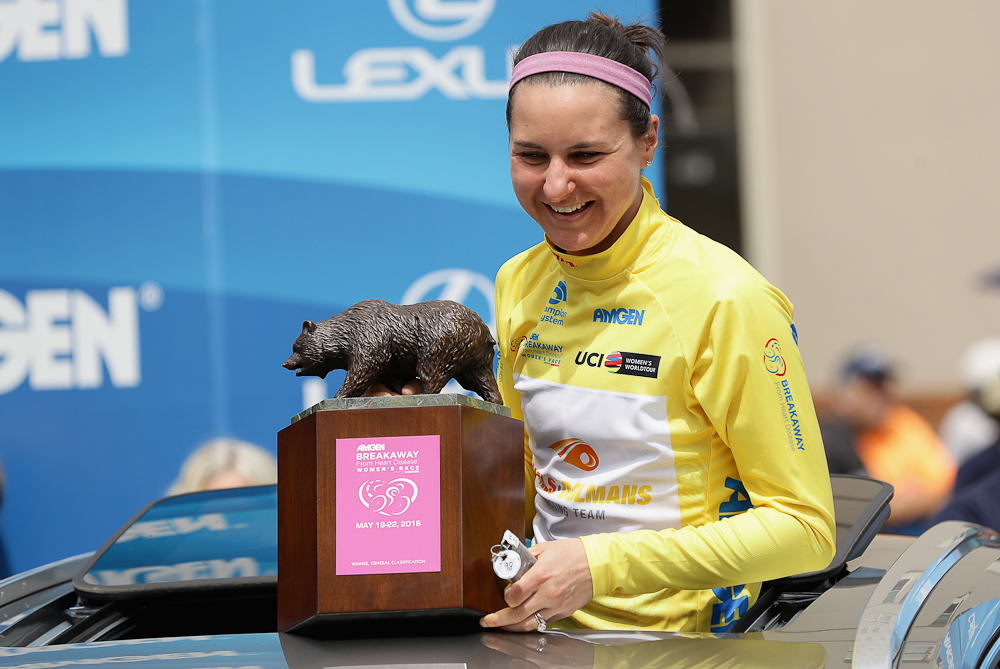
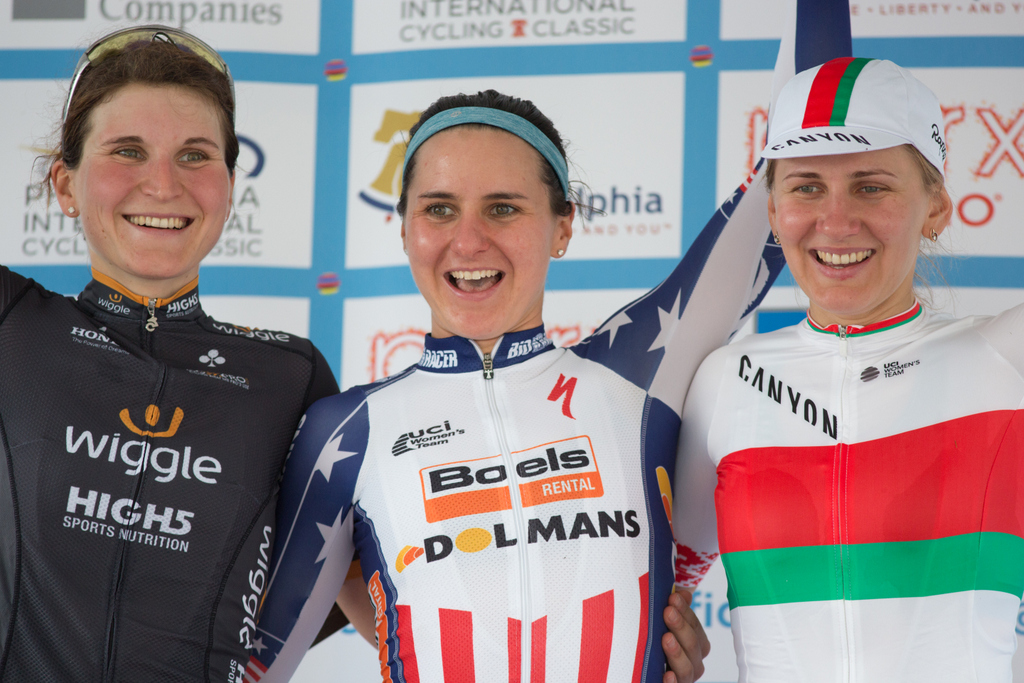
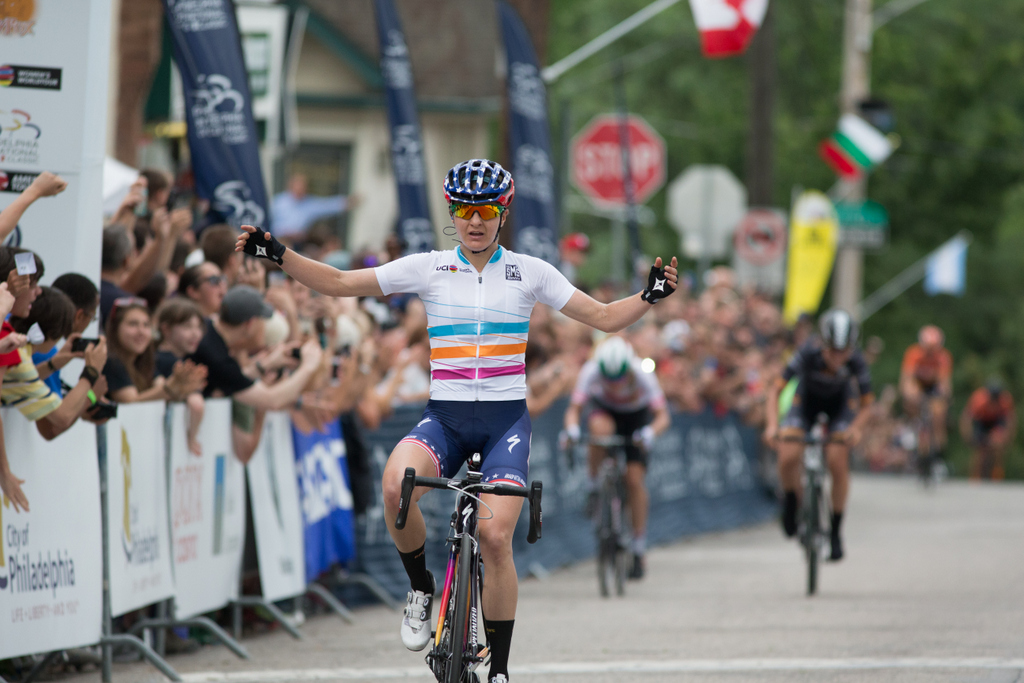
Four years ago, Megan Guarnier was on the losing end of a painful arbitration to win a spot on Team USA for the Olympic Games in London. Ahead of the Rio Games, the 31-year-old vowed she would not leave anything to chance. In 2012, she petitioned to be in the team as a support rider and lost. This year, she knew she had to prove that she was capable of winning a medal by beating the best in the world. To say she surpassed that goal would be an understatement.
Guarnier's Olympic journey began when she left home for Europe in 2013, racing a year with Rabo-Liv and then Boels Dolmans, travelling the globe, cranking out the miles, supporting her teammates and getting a smattering of results. In 2015, it all began to click.
Her victory in Strade Bianche kicked off a 16-month-long string of jaw-dropping results that includes two national championships, the bronze medal at the World Championships that earned her the trip to Rio, the Tour of California overall, the Giro Rosa overall, the lead in the women's WorldTour.
She is now the number one rider in the world.
"After 2012, my coach and I decided that the Olympics was the goal, and we would try to make the automatic selection and never have it be a subjective process again," Guarnier told Cyclingnews before departing for Brazil. "We did that [at the 2015 World Championships] in Richmond, and I'm grateful for that because I had a whole winter to train and be very focused on Rio. If I hadn't gotten it in Richmond, I'd have tried really hard to have gotten it in the spring just to make it more of an objective process for me."
Despite all of those results, despite her position as undisputed top rider in the world, Guarnier is not expecting the US team to be devoted solely to racing for her in the road race on Sunday.
"I don't expect they will be racing for me," she said. "We have four strong riders who can be cards to play. I am a card to play, but not the only one.
The latest race content, interviews, features, reviews and expert buying guides, direct to your inbox!
"The team was selected based on medal capability. However the race plays out, the US will have a member in that move," Guarnier said. "If we don't have someone in the move we have the strength to bring it back, hopefully. As far as the tactic or who it's going to favour, I have no idea. It's a smaller peloton of 67 women, smaller teams, the diverse terrain. The 8km climb favours pure climbers, but you have 120km of flat or classics-style racing before you get to the base of the climb, and once you get off that climb you have 12km to go. So - it could be anybody's race. It'll be super interesting."
The women race 141km, with the first 39km a flat trip along the coast, then two laps of the 24.8km Grumari circuit that contains two short climbs and a long stretch of rough cobblestones, then another flat run-in to the Canoas/Vista Chinesa loop that has an almost 9km long climb followed by a fast, technical descent before a flat 12km finish.
"The course itself is the most challenging one-day course I've ever seen," Guarnier said. "You have the windy sections along the beach, you have the short punchy climbs, the cobbles and then an 8km climb near the end of the race.
"I honestly can't (compare it to any other race). You can take Drenthe, Flanders, Fleche and maybe one of the climbs from the Giro queen stage and put them all together - that's what we're going to see. Nothing that ever has cobbles has an 8km climb as steep as the one in Rio, and anything that has an 8km climb like that never has the flat windy section that we're going to see along the coast. It's such a mash of all these really difficult features together. It's incredibly difficult and challenging course."
Guarnier has shown her capabilities on each one of these challenges - separately - over the last year, but putting it all together on Sunday will take teamwork and mental gymnastics as well as sparkling physical form.
"In any road race, you're thinking on your toes. You have to go with the flow, and consider the other teams' tactics and how they're going to play their cards. Road racing is a super dynamic and a bit of an art form. We have to be ready for anything. I think we will be, because we've all been processionals for years and we're all on the team because we've won some bike races and know how to play the game."
Guarnier is joined by Boels-Dolmans trade teammate Evelyn Stevens, climbing specialist Mara Abbott, and Kristin Armstrong, who came out of retirement at the beginning of 2015 to seek a third straight medal in the time trial. The selections resulted in two separate arbitrations by three different athletes - Coryn Rivera contested the selection of Abbott, while Amber Neben and national time trial champion Carmen Small objected to the selection procedures. All were unsuccessful in overturning the USA Cycling selection committee's choices.
After being on the that side of affairs in 2012, Guarnier didn't want any part of it this time around.
"Coming from a swimming background, I like the objectivity of times and numbers - either you make it or you don't. 2012 was a little bit of a slap in the face, learning how the selections were made," she said.
"I'm glad I'm not on the [selection] committee. I don't have much to say about the arbitration because I completely removed myself from the process. It's never a positive experience being part of the process. I arbitrated in 2012, and having even just been listed as an affected athlete isn't a positive experience. I removed myself from the emails, the arbitration - because it didn't bring me anything toward making a good performance at Rio."

Laura Weislo has been with Cyclingnews since 2006 after making a switch from a career in science. As Managing Editor, she coordinates coverage for North American events and global news. As former elite-level road racer who dabbled in cyclo-cross and track, Laura has a passion for all three disciplines. When not working she likes to go camping and explore lesser traveled roads, paths and gravel tracks. Laura specialises in covering doping, anti-doping, UCI governance and performing data analysis.
